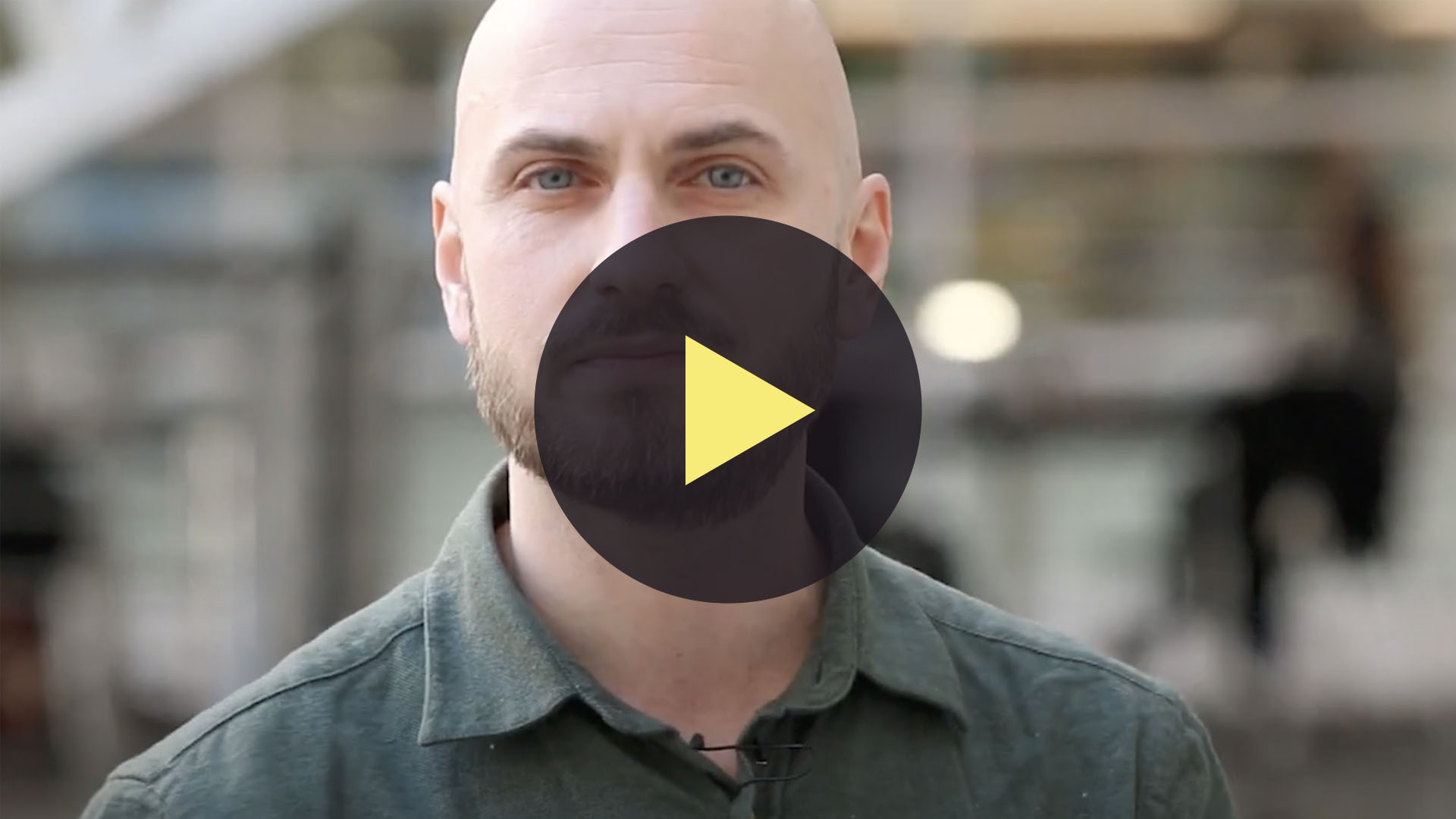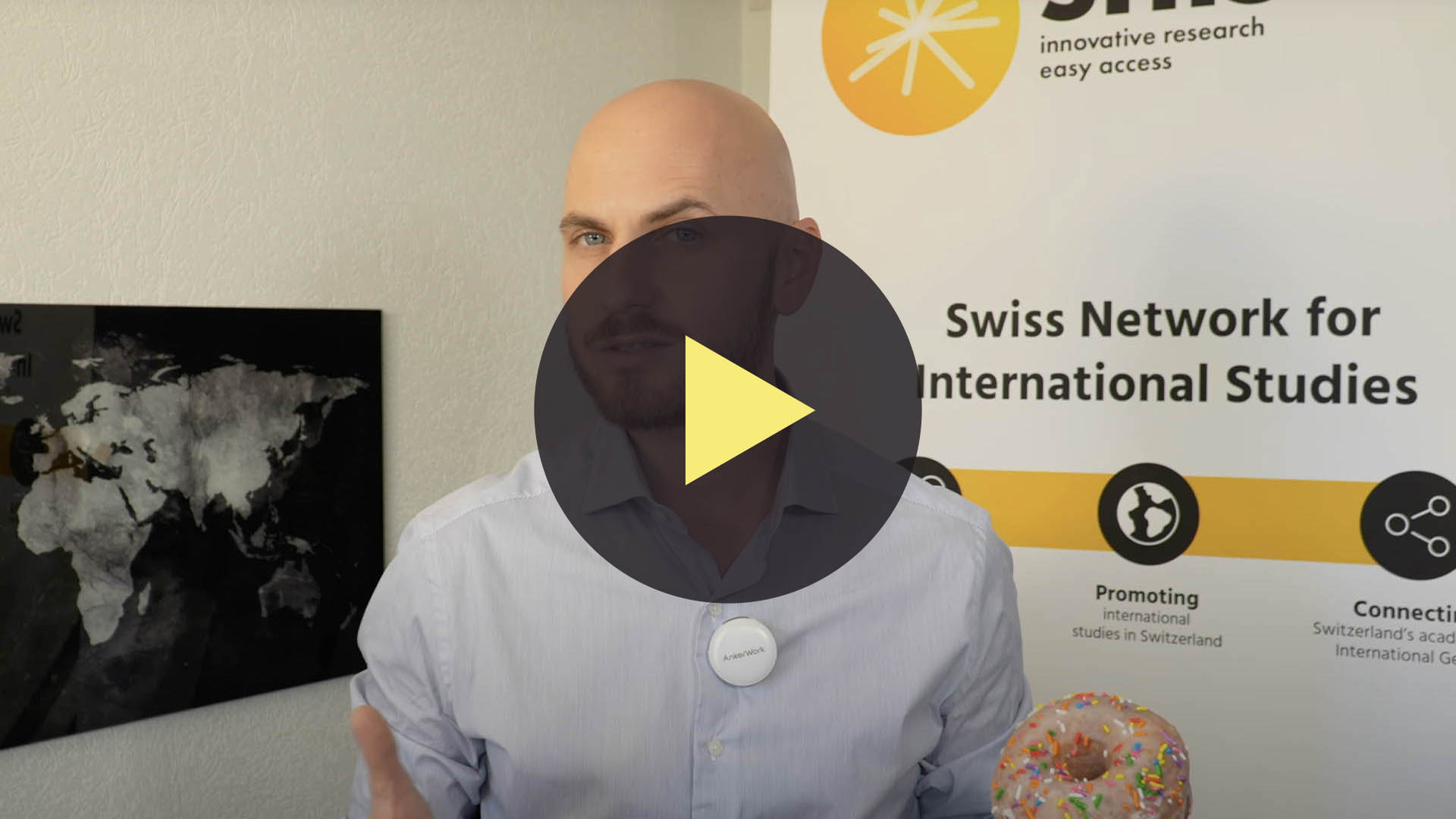What is the relationship between teleworking and well being?
What is the relationship between teleworking and well being?
Teleworking: a key issue of our time
Teleworking and well-being: an international study
Why social relationships matter
Teleworking: a key issue of our time
Teleworking and well-being: an international study
Why social relationships matter
Research team
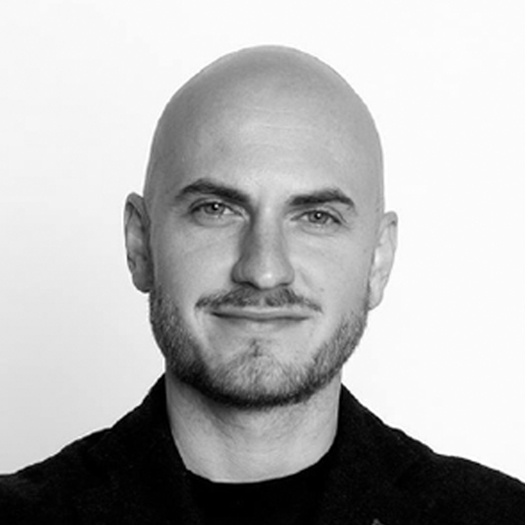
Mattia Vacchiano
University of Geneva
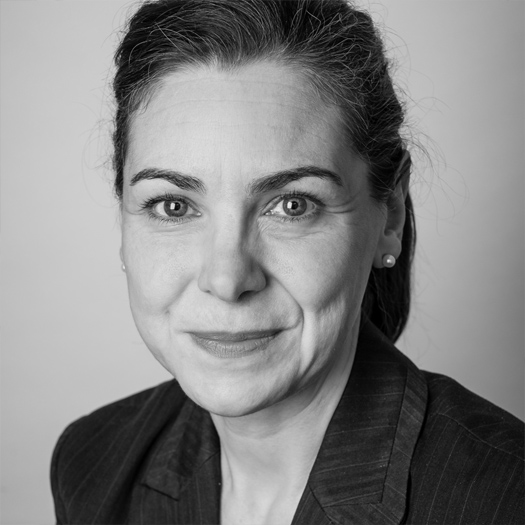
Stephanie Steinmetz
University of Amsterdam
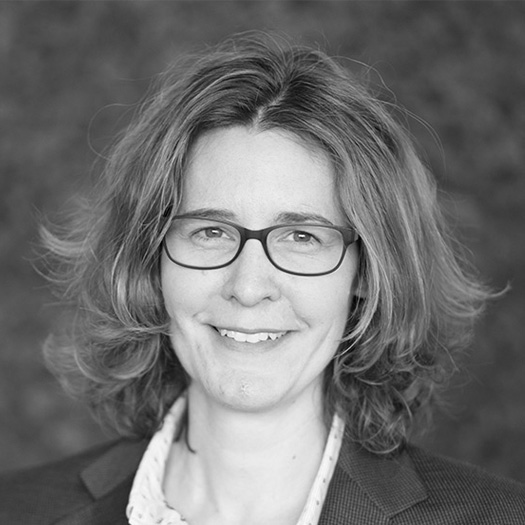
Melanie Arntz
IAB
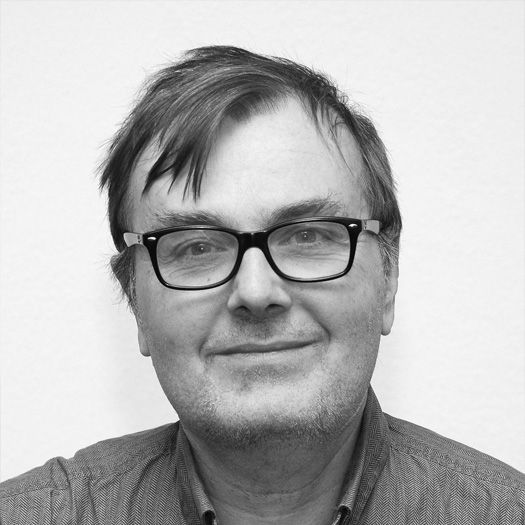
Eric Widmer
University of Geneva
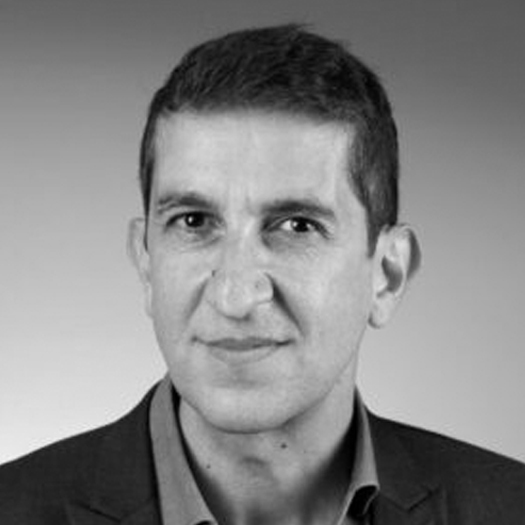
Koorosh Massoudi
University of Lausanne
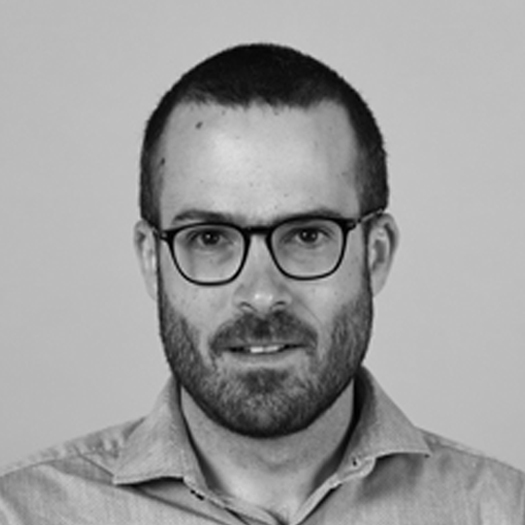
Nicola Cianferoni
SECO
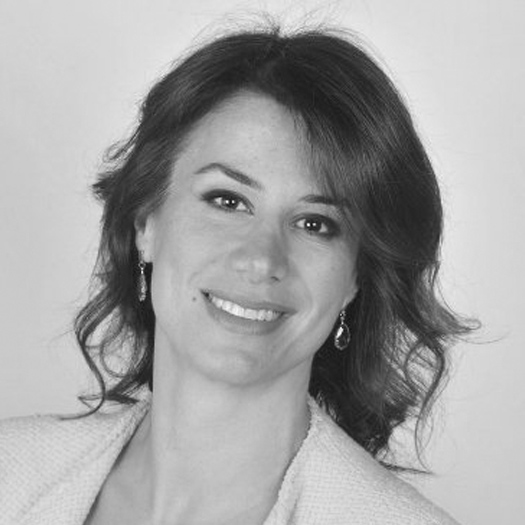
Manal Azzi
Internation Labour Organization
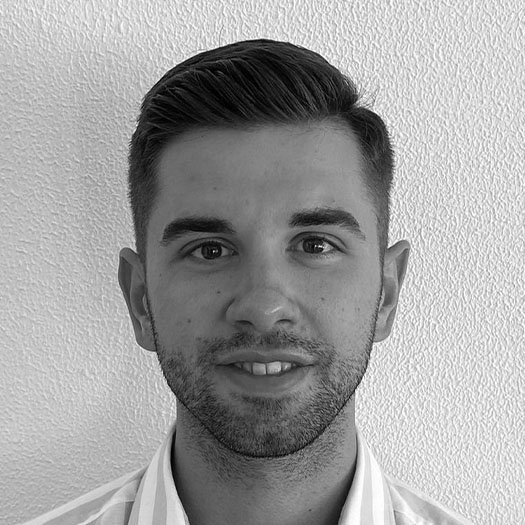
Sander Junte
UAB
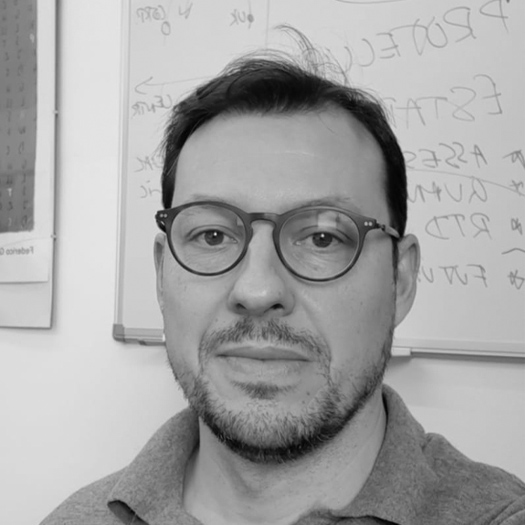
Oscar Molino Romo
UAB
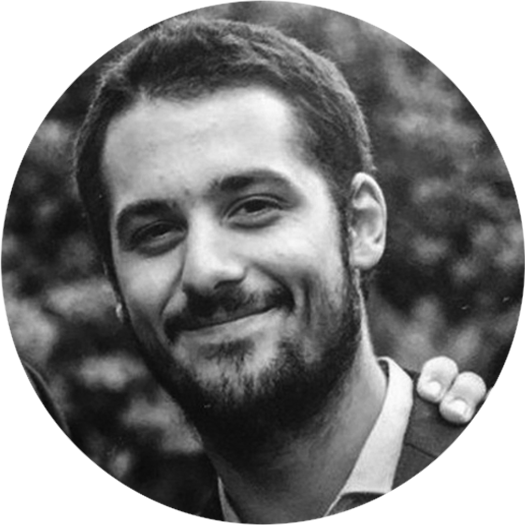
Guillaume Fernandez
University of Geneva
Guillaume is a Ph.D. candidate in Sociology at the University of Geneva. His research interests include social network analysis, sociolinguistics, and social identification. In addition to his role in the TEO project, he works as a scientific collaborator on the SNF project IdNet, which explores the social identification processes unfolding within the personal networks of young adults in Switzerland.
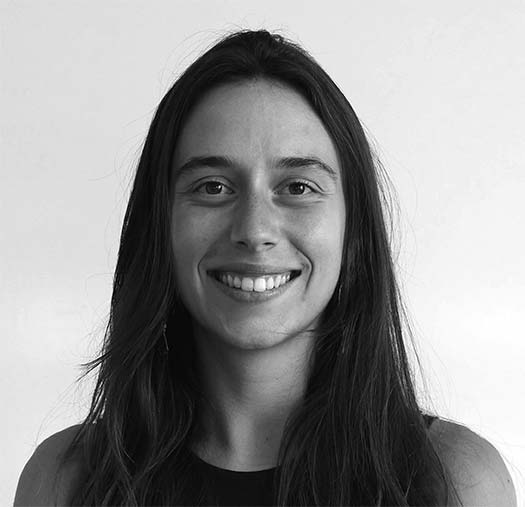
Eva Padrosa Sayeras
Universitat Pompeu Fabra
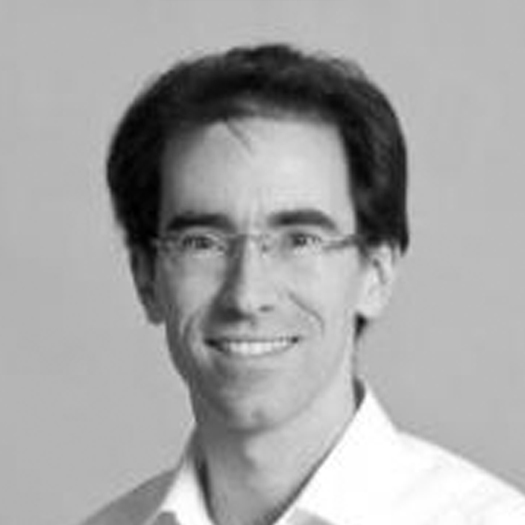
Stéphane Cullati
University of Fribourg
Research team

Mattia Vacchiano
University of Geneva

Stephanie Steinmetz
University of Amsterdam

Eric Widmer
University of Geneva

Melanie Arntz
IAB

Manal Azzi
Internation Labour Organization

Nicola Cianferoni
SECO

Koorosh Massoudi
University of Lausanne

Oscar Molino Romo
UAB

Sander Junte
UAB

Guillaume Fernandez
University of Geneva

Stéphane Cullati
University of Fribourg

Eva Padrosa Sayeras
Universitat Pompeu Fabra
Publication of Key Scientific Outputs
Scoping Review on Telework and Well-Being
Vacchiano, M., Fernandez, G., & Schmutz, R. (2024). What’s Going on With Teleworking? A Scoping Review on Its Effects on Well-Being.
Research Protocol of The Empty Office
Vacchiano, M., Fernandez, G., Widmer, E., et al. (2024). The Empty Office: Protocol for Sequential Mixed-Method Study on the Impact of Telework Activities on Social Relations and Well-Being.
Systematic Review on Telework, Social Support, and Well-Being
Vacchiano, M., Fernandez, G., & Fernandez-Garcia, J. (2025). Mediating Effects of Social Support Between Telework and Well-Being: Protocol for a Systematic Review
Conferences and invited talks
Sunbelt Social Network Conference
Vacchiano, M. The Empty Office: a Network Study of Teleworking. Oral Presentation, (ISNA) Sunbelt XXXIX, Edinburgh (Scotland), 24-29st June
Swiss Sociological Association Conference
Vacchiano, M. What’s Going on with Teleworking? A Scoping review on Its Effects on Wellbeing. Oral presentation, Swiss Sociological Association Conference, Basel, 8-9th September 2024
LIVES day
Vacchiano, M. What’s going on with teleworking? LIVES day, 1st June
Life after LIVES
Vacchiano, M. The Empty Office: an international Study of Teleworking.Life after LIVES, 20th June 2024
University of Buenos Aires
Vacchiano, M. La oficina vacía : un estudio internacional sobre el teletrabajo, University of Buenos Aires, 22th December 2023
News
FOPH funds systematic review on telework & well-being
New co-funding from the Federal Office of Public Health (FOPH) for a systematic review on telework and well-being.
Large-scale survey on telework in Europe, data available in 2025
Conducted a large-scale survey with 4400 teleworkers across Switzerland, Spain, Germany and the Netherlands, collecting data on 27,000 social relations. Data accessible publicly in December 2025 on SwissUbase
Six-month workshop at the University of Geneva on qualitative data collection
A six-month workshop at the University of Geneva (Spring 2025) based on the project is involving Master’s students in Sociology in a qualitative data collection with Network Canvas.
Two-day workshop on Network Canvas in Geneva
A two-days workshop with Prof. Bernie Hogan (Oxford Internet Institute) on Network Canvas is scheduled for March 6-7, 2025, in Geneva.
Eva Padrosa Sayeras awarded visiting scholar position in Geneva
Eva Padrosa Sayeras (Universitat Pompeu Fabra) joined the project and was awarded a visiting scholar position at the University of Geneva from January to April 2025.
Call for papers for special issue in Social Indicators Research
A call for papers for a special issue based on the project data will be launched soon in Social Indicators Research (expected 2025-2026).
Publication of Key Scientific Outputs
Scoping Review on Telework and Well-Being
Vacchiano, M., Fernandez, G., & Schmutz, R. (2024). What’s Going on With Teleworking? A Scoping Review on Its Effects on Well-Being.
Systematic Review on Telework, Social Support, and Well-Being
Vacchiano, M., Fernandez, G., & Fernandez-Garcia, J. (2025). Mediating Effects of Social Support Between Telework and Well-Being: Protocol for a Systematic Review
Research Protocol of The Empty Office
Vacchiano, M., Fernandez, G., Widmer, E., et al. (2024). The Empty Office: Protocol for Sequential Mixed-Method Study on the Impact of Telework Activities on Social Relations and Well-Being.
Conferences and invited talks
International Sunbelt Social Network
Vacchiano, M. The Empty Office: a Network Study of Teleworking. Oral Presentation, (ISNA) Sunbelt XXXIX, The International Sunbelt Social Network Conference, Edinburgh (Scotland), 24-29st June
International Sunbelt Social Network
Vacchiano, M. The Empty Office: a Network Study of Teleworking. Oral Presentation, (ISNA) Sunbelt XXXIX, The International Sunbelt Social Network Conference, Edinburgh (Scotland), 24-29st June
LIVES day
Vacchiano, M. What’s going on with teleworking? LIVES day, 1st June
Life after LIVES
Vacchiano, M. The Empty Office: an international Study of Teleworking.Life after LIVES, 20th June 2024
University of Buenos Aires
Vacchiano, M. La oficina vacía : un estudio internacional sobre el teletrabajo, University of Buenos Aires, 22th December 2023
News
FOPH funds systematic review on telework & well-Being
New co-funding from the Federal Office of Public Health (FOPH) for a systematic review on telework and well-being.
Large-scale survey on telework in Europe, data available in 2025
Conducted a large-scale survey with 4400 teleworkers across Switzerland, Spain, Germany and the Netherlands, collecting data on 27,000 social relations. Data accessible publicly in December 2025 on SwissUbase.
Six-month workshop at the University of Geneva on qualitative data collection
A six-month workshop at the University of Geneva (Spring 2025) based on the project is involving Master’s students in Sociology in a qualitative data collection with Network Canvas.
Two-day workshop on Network Canvas in Geneva
A two-days workshop with Prof. Bernie Hogan (Oxford Internet Institute) on Network Canvas is scheduled for March 6-7, 2025, in Geneva.
Eva Padrosa Sayeras awarded visiting scholar position in Geneva
Eva Padrosa Sayeras (Universitat Pompeu Fabra) joined the project and was awarded a visiting scholar position at the University of Geneva from January to April 2025.
Call for papers for special issue in Social Indicators Research
A call for papers for a special issue based on the project data will be launched soon in Social Indicators Research (expected 2025-2026).
